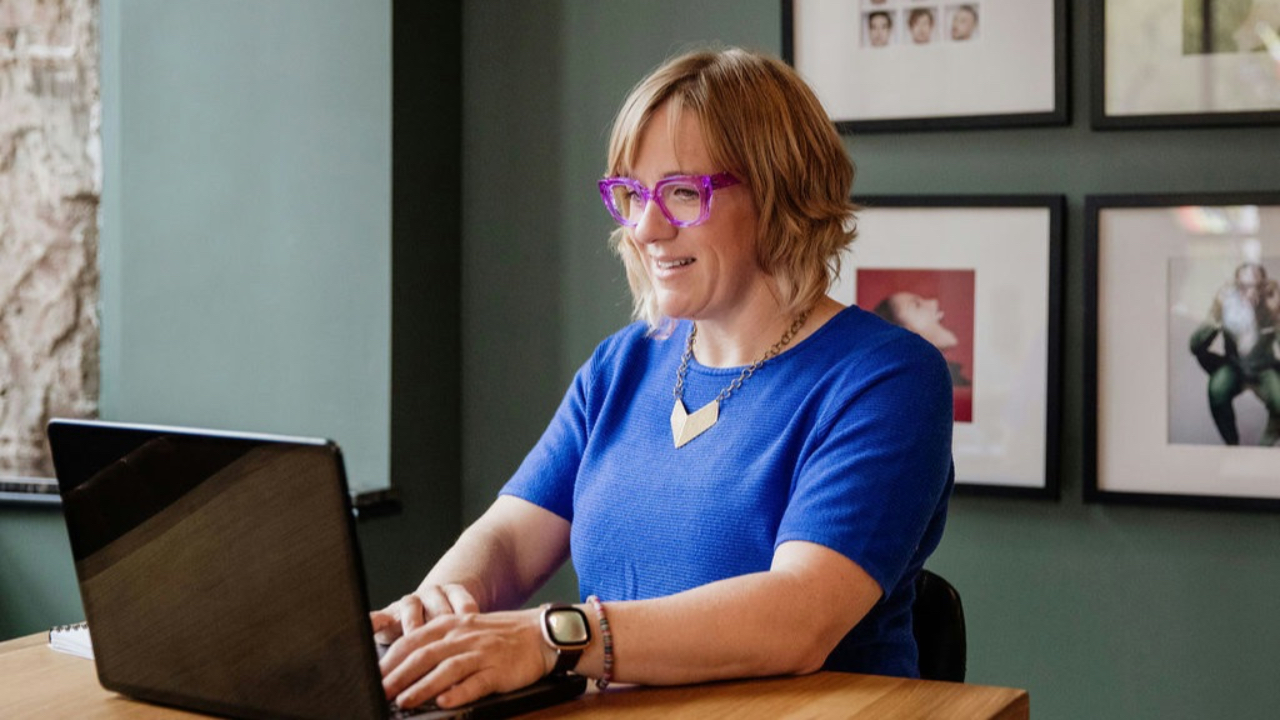Why Listening is Your Superpower in 2025
Mar 05, 2025
As busy people, we're often concerned with our overflowing to-do list, the progress of our team members or the status of our business in general. That can lead us to focusing on our external communications first and foremost - the emails we send out, how we speak to our staff. But how often do you sit and evaluate how well you're listening?
Perhaps one of your team members returns with plans to leave, a desire for a promotion, or a bold new goal they’ve set for themselves. As a leader, you’re likely the person they’ll confide in about these plans. This is where you’ll need to tap into the flip side of communication.
Today, I want to remind you of something just as crucial: listening.
The Art of Active Listening
Listening is tough—especially if you’re a natural fixer. If your instinct is to jump in with solutions, I get it. I come from a family of interrupters. My husband is an interrupter, I’m an interrupter, my son, my teenage daughter—we all are. In fact, I often find myself saying to my daughter, “Do you use your mouth for listening? No, you do not. You use your ears.”
Listening requires two key things: silence and acknowledgement. Many people manage the first part—they stay quiet. But then they immediately move onto their next point without truly absorbing what the other person is saying. The magic of listening lies in not just hearing, but truly understanding and validating someone's words.
How to Be a Better Listener
1. Keep Your Mouth Shut (Yes, Really)
Active listening isn’t just about staying quiet while someone else speaks. It means fully engaging—watching body language, listening to tone, and noticing the words they use. Are they describing things visually? Are they focused on feelings? Or are they using logical, structured language? These little details help you understand what they truly care about.
When they finish speaking, resist the urge to jump in straight away. Let there be a pause. A moment of silence gives them space to say more if they need to. Think of it like a balloon—sometimes, people need to let all the air out before they’re truly finished. If you rush in too soon, you might miss something important.
2. Acknowledge What’s Been Said
After listening, don’t just move onto your response. Take a moment to validate their feelings and clarify their meaning. You might say, “I hear you saying that you’d like to start work earlier. Is it that you want to shift your hours forward, or just have more flexibility?” This simple act of acknowledgment reassures the speaker that you’ve truly listened.
As a coach, I often say, “Okay, what I’m hearing is…”—and I get teased for it all the time. But the truth is, reflecting back what someone has said is a powerful way to show them you’ve been paying attention.
3. Ask the Right Questions
Good listening isn’t passive. It’s about asking the right questions at the right time. My absolute favourite question? “What’s going through your mind right now?”
It works in so many situations. The other day, after a family park run, a relative who hadn’t been feeling well staggered across the finish line. Instead of asking, “How are you feeling?”—which often gets an automatic response—I asked, “What’s going through your mind right now?” She paused, then said, “I’m really glad I did it.” That gave me a much clearer sense of where she was, allowing me to support her in a way that actually helped.
Remember that listening is one of your most powerful leadership tools.
Be silent and focus on what’s being said.
Acknowledge and validate before responding.
Ask thoughtful questions to deepen understanding.
And if you want a question to keep in your back pocket, try “What’s going through your mind right now?” It might just open up the best conversation you’ve had in a long time.
Looking ahead, I have big plans for 2025 with The Presenter Coach. I’ll be focusing on training around online presentations—because let’s be honest, most meetings and pitches happen on Zoom these days. If you’d like to stay in the loop, head over to thepresentercoach.co.uk and sign up for my mailing list. Let’s make this year one of great communication—both speaking and listening.



